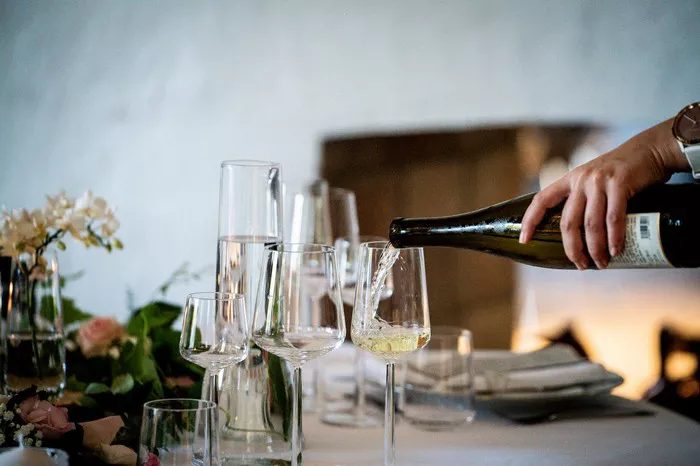Maxim Chmora, head of the Federal Customs Service of Russia, announced plans for a 200% tariff on wine imports from NATO states, and a 50% tariff on wines from other “unfriendly” nations.
Chmora indicated that this duty would act as a de facto ban, rendering continued business viable only for high-margin products. European wines, which currently dominate the Russian market, would effectively be excluded if the tariffs are implemented.
This move is a response to sanctions imposed on Russia following its invasion of Ukraine in February 2022. Western nations have frozen Russia’s foreign currency reserves, excluded some Russian banks from the Swift payment system, and sanctioned oligarchs. Additionally, many Western companies have exited the Russian market, and EU countries have ceased exporting various goods to Russia while banning imports of Russian gold, diamonds, and other products.
The proposed tariffs aim to bolster domestic wine producers. Although most of Russia is unsuitable for grape cultivation, regions like Krasnodar and Rostov do produce wine. Russia currently has 85,000 hectares under vine, with Rkatsiteli as the most widely planted grape. International varieties such as Cabernet Sauvignon, Merlot, and Riesling are also grown.
Dmitry Kiselev, chairman of the Association of Winegrowers and Winemakers of Russia (AWWR), stated that excessive imports strain the domestic winemaking sector. The AWWR has already succeeded in raising duties on wine imports from “unfriendly countries” from 12.5% to 20%, but Kiselev advocates for higher tariffs to prevent market oversupply.
If European wines are banned, it could benefit wine producers in Argentina, Chile, South Africa, and Armenia, which have been increasing exports to Russia. Russian winemakers are also seeking additional government support, including a proposal requiring 20% of wines in supermarkets and 50% of wines in bars and restaurants to be locally produced.


